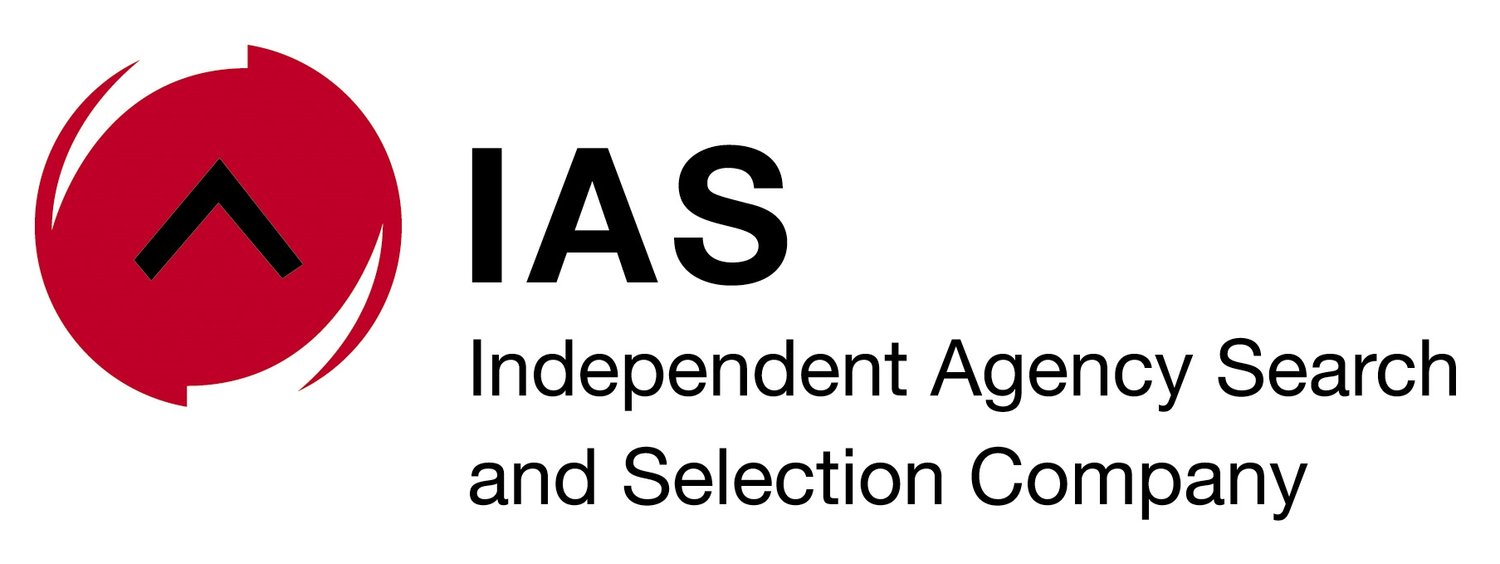For the fifth time in South Africa, Agency Scope researchers are ready for the fieldwork required over the next four months to gather the data that will culminate in the collation, analysis and publication of a body of work that brings to light what marketers really think.
The face-to-face interviews - approximately 60 minutes in length per professional interviewee - results in a non-biased, academic-style view of the facts for the Agency Scope report
For the fifth time in South Africa, Agency Scope researchers are ready for the fieldwork required over the next four months to gather the data that will culminate in the collation, analysis and publication of a body of work that brings to light what marketers really think.
Fieldwork will be completed by the end of August and analysed in September, for presentation of reports at the end of October.
Johanna McDowell, Scopen partner and CEO of the Independent Agency Search & Selection Company (IAS), notes that this time, the team is aiming to do far more interviews with CMOs, CTOs and companies in a more robust, broader sample to ensure Agency Scope relevance as the marketing and communications industries change.
Quality of the research
“The quality of the research team is unmatched in this sector,” she says.
Four experienced women with long-term business experience make up the team.
“The value of professional researchers who are not involved in our industries is that their face-to-face interviews - approximately 60 minutes in length per professional interviewee - results in a non-biased, academic-style view of the facts,” states McDowell.
The team is geared to ask the questions that delivers the kind of information that sets Agency Scopeapart, McDowell adds.
“Sample sizes have grown over the last four waves of the study and we’re looking to increase both the number of companies and interviews per company. It’s important to keep innovating,” she says.
“Last year was the first time we interviewed media owners and we’ll be doing so again this year.”
Methodology
As with the previous study, the Agency Scpe’s research target base includes leading marketing professionals and decision-makers in the communications industry from the largest companies by adspend.
The base covers those professionals in companies, creative agencies, media agencies and media owners.
Says Cesar Vacchiano, president and CEO of Scopen International: “Both in South Africa and globally, our interviews with industry leaders are guided by industry trends and what marketers think about how these are impacting their industry.
“As part of the 3,000-plus marketing professionals and around 8,000 marketer-agency relationships analysed and tracked by Scopen, South Africa brings increasingly important information to our global feedback.”
Vacchiano and McDowell believe this year’s Agency Scope study will be one that puts figures to the changes the industry has seen since 2022 as well as the overall impact of changes in the way marketing professionals across the board are working with their agencies.






